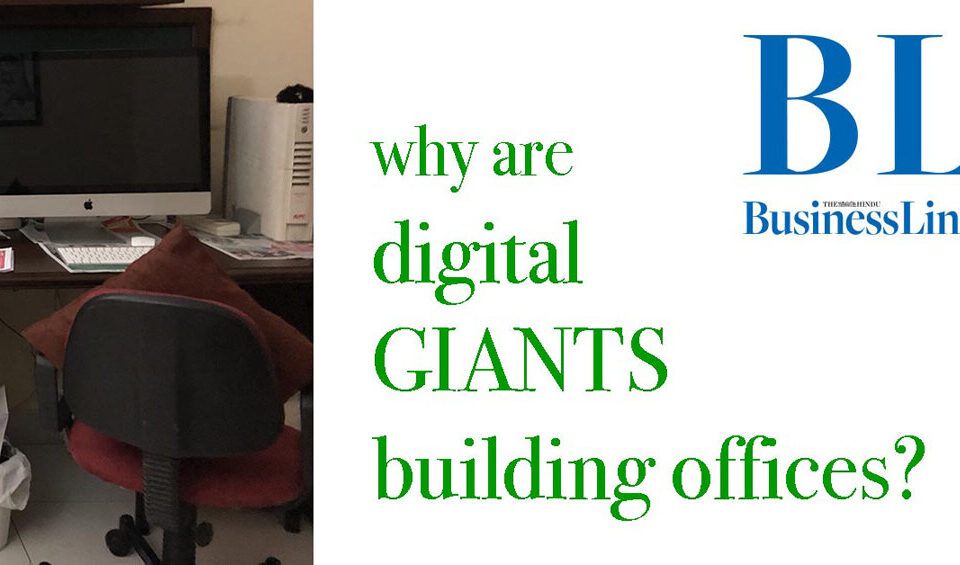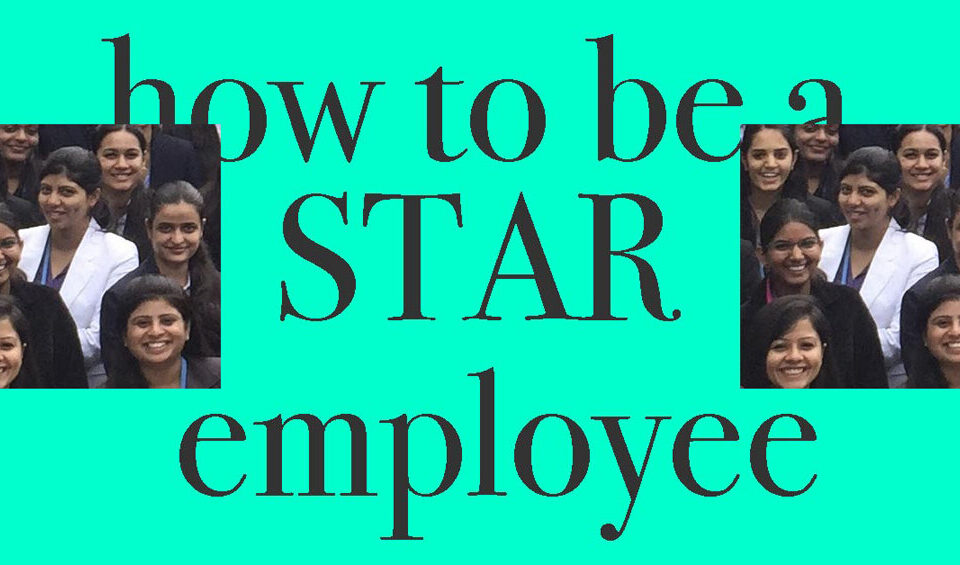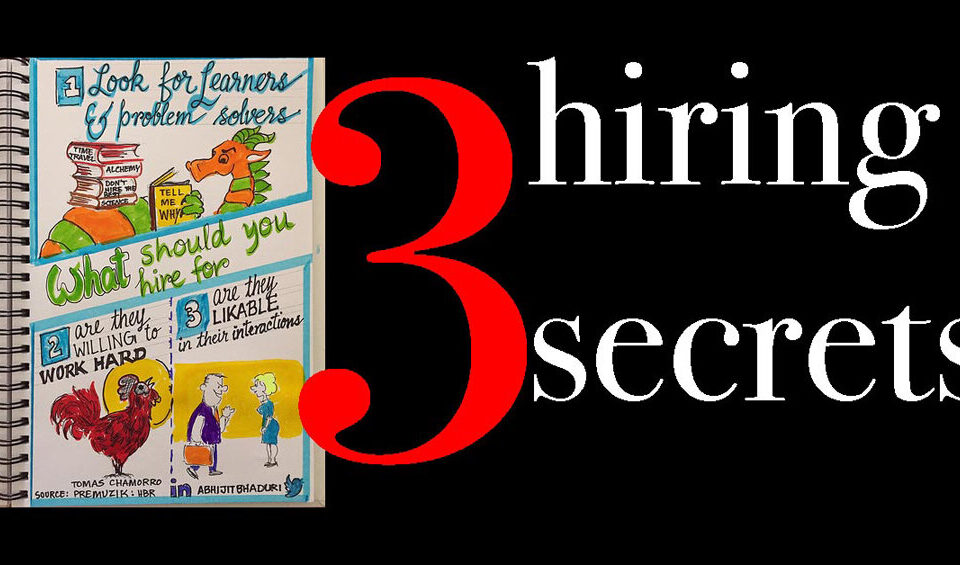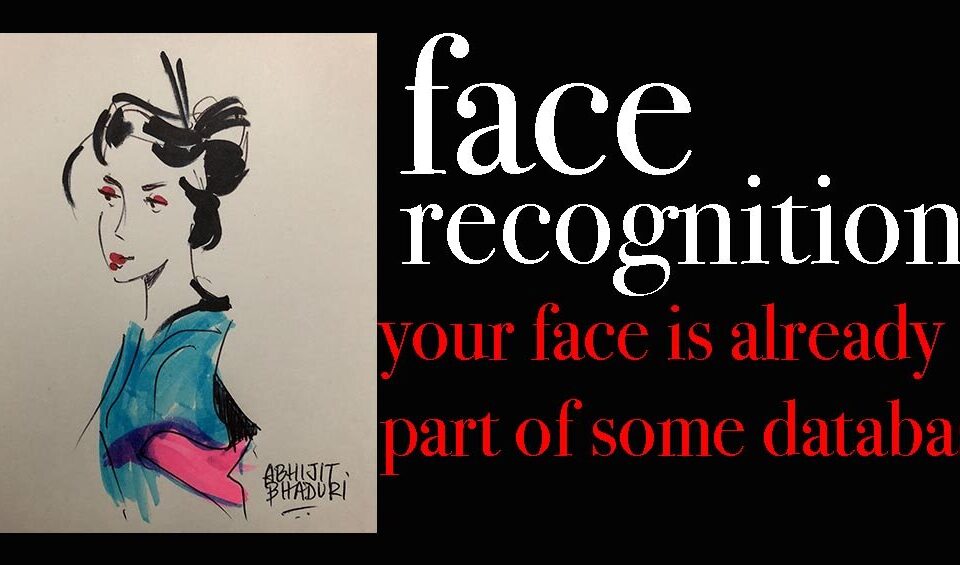Pyschologists will explain this as Goal Gradient effect. We start to hurry up and put in more effort as we get closer to the finishing line. While doing push ups, try counting backwards 10... 9... 8... instead of the usual 1... 2... 3... and see how how it affects your motivation. Rats run faster as they approach a food reward. Humans increase effort as they approach rewards such as gift certificates or goals such as visual finish lines.
There are enough people who earn a living without stepping into an office. A wartime correspondent can get a Pulitzer without being in office for months. A job that can be done with no interdependencies can be done from anywhere. The gig economy is proof of that.However, deeper bonds are formed between people who cross each other several times a day. In the late 1940s, psychologists Leon Festinger and Stanley Schachter, and sociologist Kurt Back found that physical space was the key to friendship formation.In a hyperconnected world, the notion of friendship is acquiring new shades. Online friendships are being formed on social media over shared interests. Whether these friends could work together on a day-to-day basis on tasks remains to be studied.
The jobs that follow the “faster, higher, stronger” principle will progressively be taken over by machines. It is easy to program the robots to do something repetitively and do it blindingly fast. Not only can robots do the work faster than humans, they do not have Monday morning blues. They do not seek vacation days nor do they object to working on weekends. They can go through mountains of data in a moment and identify anomalies. They are better legal assistants than humans. They make better radiologists than humans. Any job that is faster for machines to carry out makes it uneconomical to be left to humans. That means we will have many of these jobs carried out by robots replacing humans – men to be precise.
Every organization tries to hire the best candidate for the job. During succession planning discussions, only a handful of these hires get classified as stars. Every high potential employee does not live up to the expectations. This is what was puzzling Bell Labs. Robert Kelley and his team from Carnegie Mellon found 9 characteristics that star employees demonstrated. They did these 9 things everyday.
I have never met the team at Medha but I would like to support their work. You can donate any amount from Rs200/- or more. You do not have to be a millionaire before you donate for a cause you care about. That is what I liked about the philosophy of SmallChange the NGO that I am partnering with. You can contribute to Medha's kitty by clicking here:CLICK THIS: https://www.smallchange.ngo/fundraiser/teens-learn-life-skills/If you donate Rs1000/- or more, please send me a mail at abhijitbhaduri@live.com & I will send you a signed copy of a sketchnote I made on Gratitude. I am no artist, but it is just my way of saying thank you for helping us build a better India.
What makes someone an effective hire then boils down to three characteristics. Do they have the knowledge to do the job? Are they motivated to work hard? Do they have social skills that will make it easy for them to work with others?How can we assess for these during the hiring process?
I am always inspired by people who reinvent themselves. Those who chase their dreams. Those who are not afraid to face a temporary period of discomfort before they emerge in a new avatar. To reinvent oneself, one has to break the mould and step out of the zone of comfort and familiarity.
Business education seems to leave gaps in skills that demand human interaction and working across geographies and diverse groups. The entrance examination of a B-School is such that it is hard for a non-engineer to compete. Hardly any Humanities graduates can make it past the entrance examination that is tilted in favor of quantitative skills.It is no surprise that many of us struggle in the workplace to influence colleagues who do not report to us. Or to work with the matrix structures where power lines are fuzzy and influence lines matter.This is just what Humanities teach us. How to interact with human beings. To deal with ambiguity and fuzziness.









